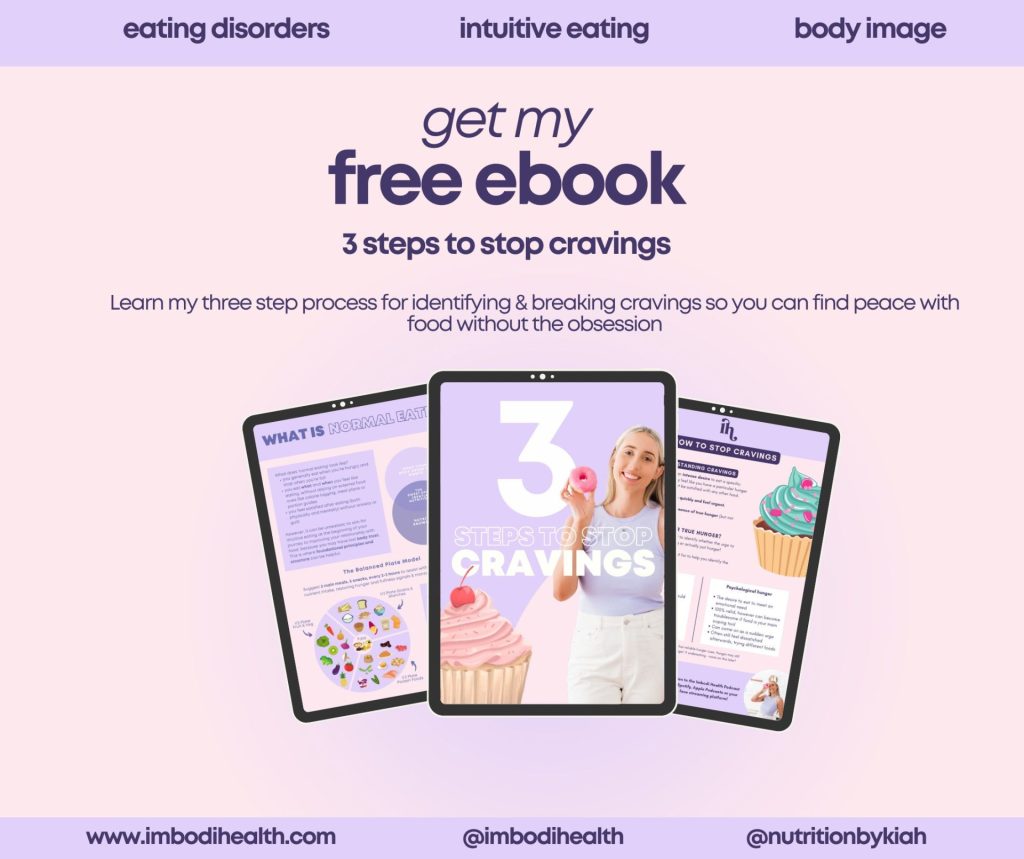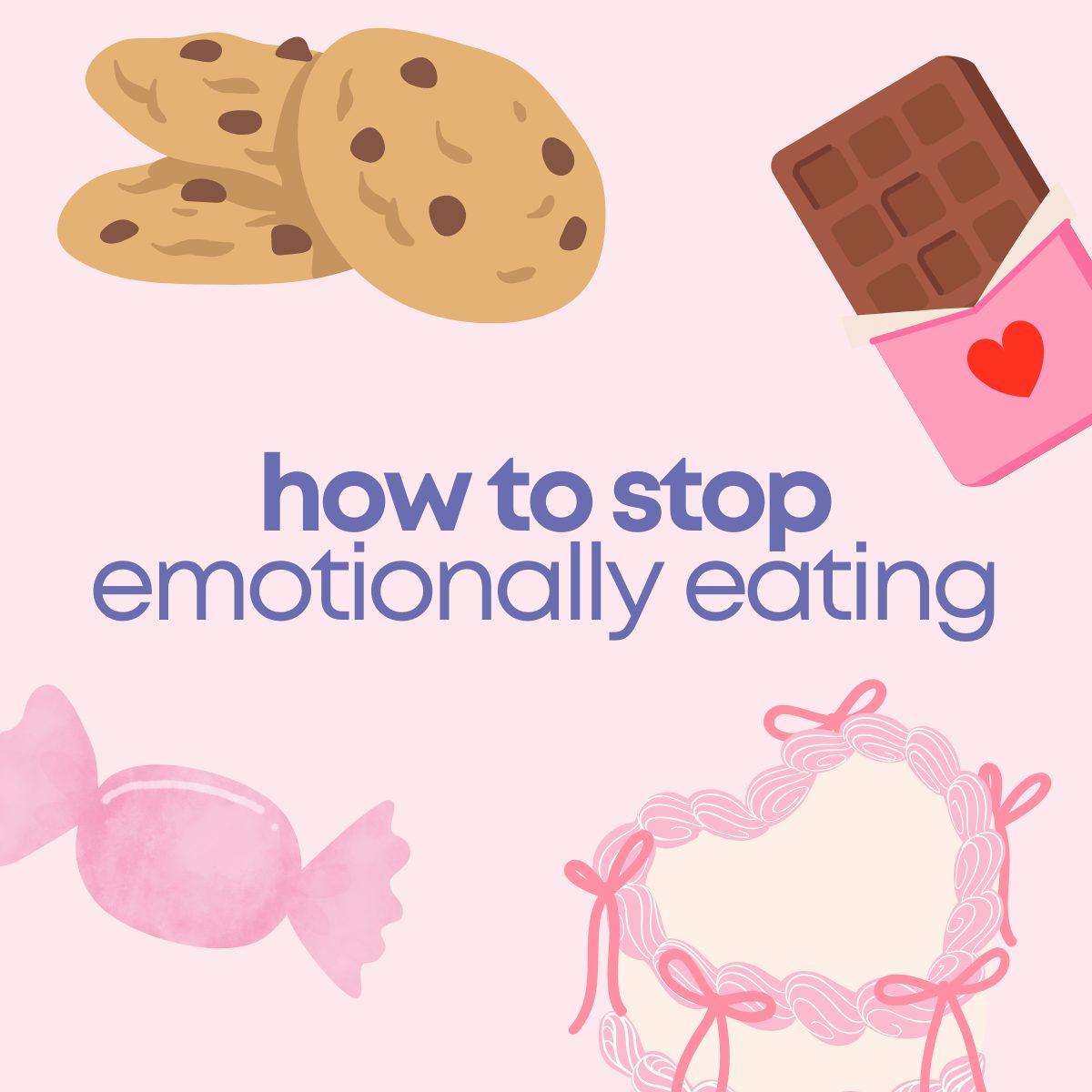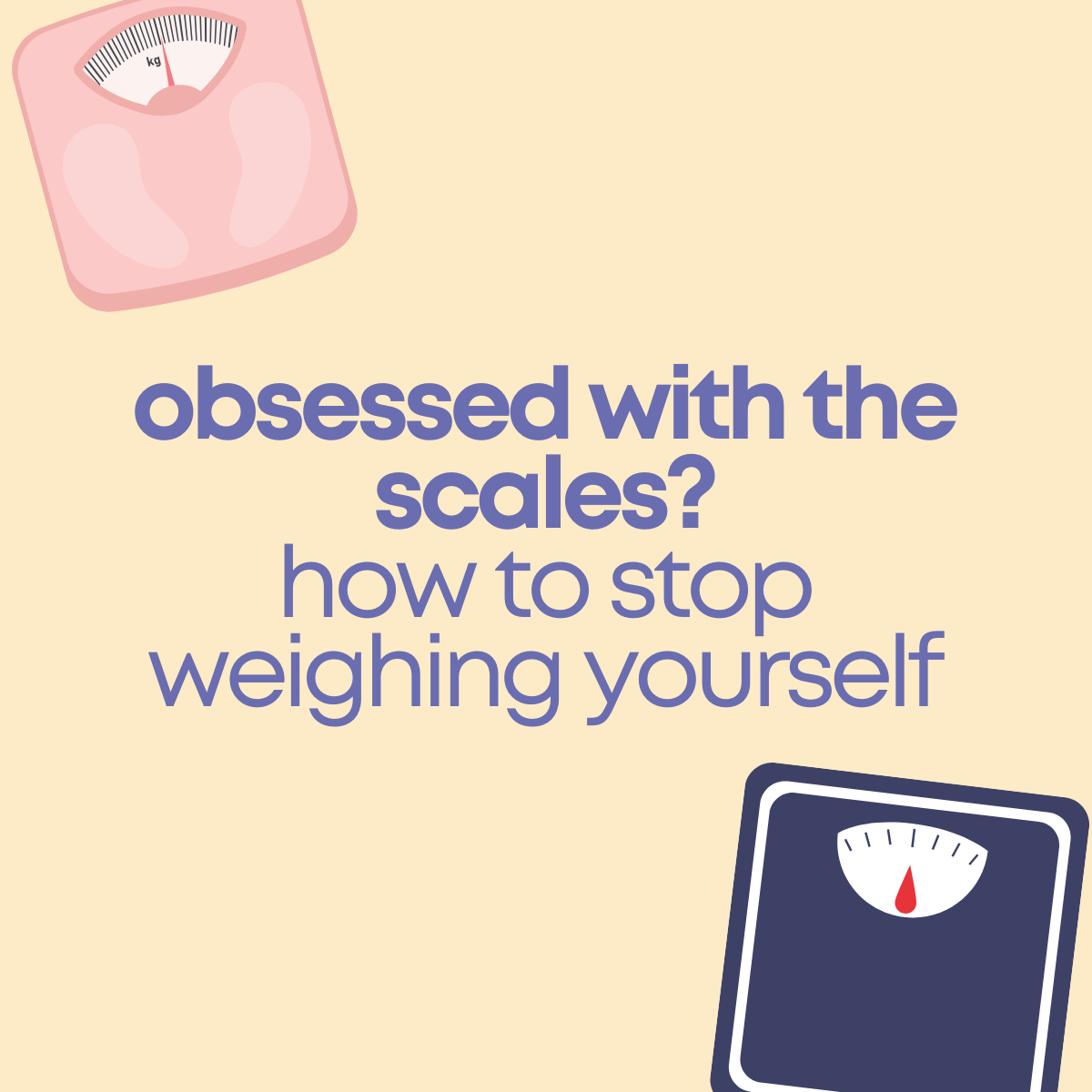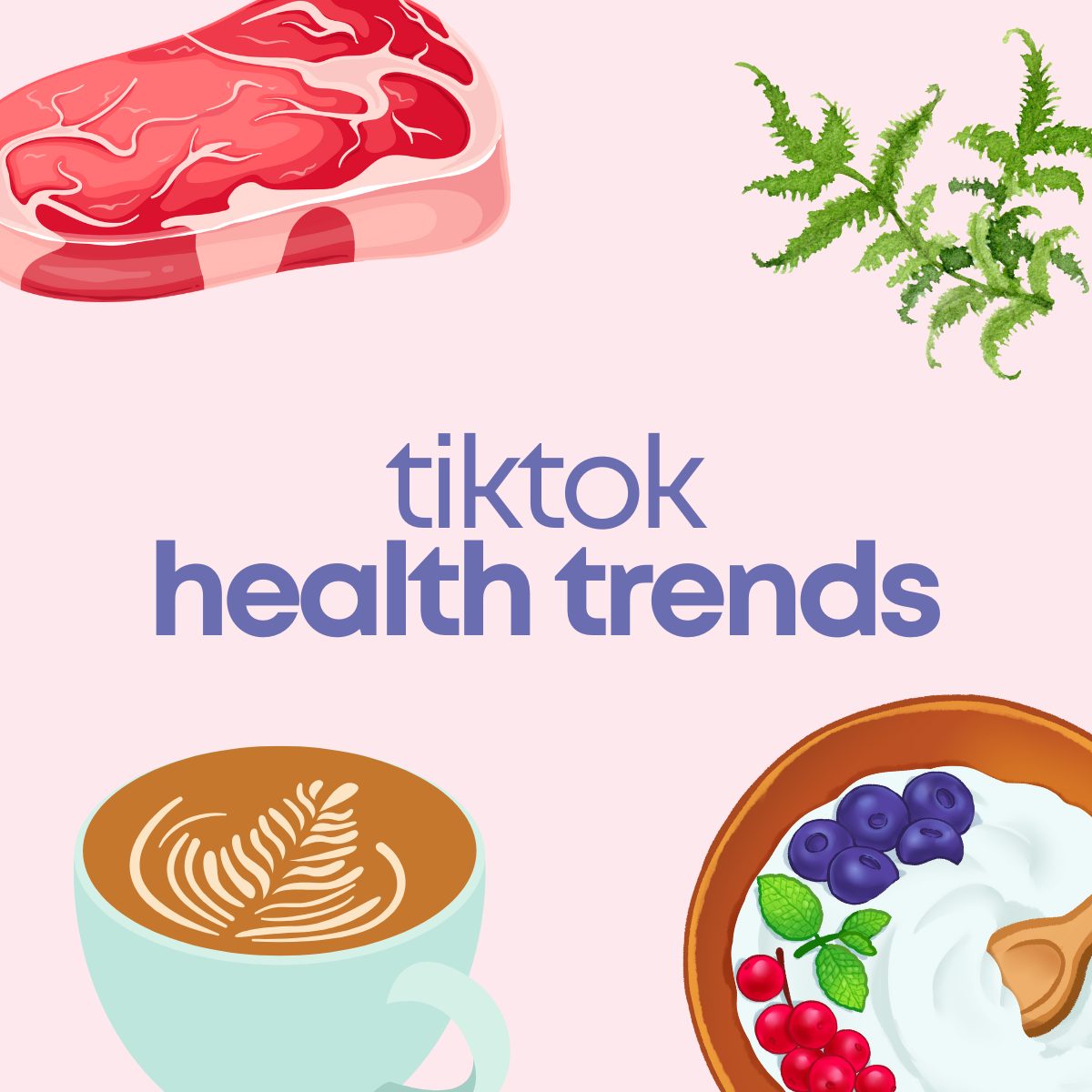We are joined by the lovely Henry to chat about his recovery journey, and improving body image in the LGBTQIA+ community.
Henry’s Recovery Journey
When I was very young, I decided to start my first secret diet. It was inspired by my mum’s friends, who were all dieting. I remember we were at a food festival, and one of my mum’s friends had brought all her own food because she wasn’t going to eat anything at the festival.
I remember thinking, “Oh my goodness, this is incredible. She has so much willpower. Look at her go, this is amazing.” So, then I decided to do the same thing.
During high-school, I began a sugar-free style diet. Then, during the lockdown of 2020, everything kind of spiraled, and I started to develop anorexia—not that I knew that’s what I had at the time.
I just thought I was being super healthy and felt very positive about everything I was doing. I moved away to Perth and was studying musical theatre full-time. It was an amazing experience, but it was an incredibly tough year.
I had teachers tell me things like, “You’re too bulky, you need to slim down,” or saying that I looked like a disabled person when I danced—just stuff that you don’t think happens in the world but does.
By the end of that year, I got quite sick. I had a terrible GP who didn’t pick up on anything, even when I told her I thought I was struggling with issues around food and body and different ways of purging.
Eventually, I got sent to a psychiatrist—not by my GP, but by my GP back in Hobart when I went home for a year—and I ended up in the hospital at the end of that year.
I thought I was fully recovered after spending seven weeks in the hospital and doing the day program. I thought, “I’ll never go back to my eating disorder ever again, life is fine forever.”
Then I made the move to Brisbane to study the Bachelor of Musical Theatre, where I got sick again and really struggled through it. That led me to decide to stop pursuing full-time musical theatre.
I got out of the industry and moved back home to Hobart—not necessarily to stay here forever, but to focus on other things. And here I am.
View this post on Instagram
What made you choose recovery?
It’s kind of happened a few times, I would say. A lot of people talk about this one magic moment, but I haven’t really had that.
I think when I finally got to see a psychiatrist at the end of 2021, and she said, “You have an eating disorder. This is what it’s called. This is the risk you are posing to yourself”. Then I had a moment of, “I don’t want this to be my life.”
More recently, I had another moment where I had been in hospital for nearly six months. I was in the public hospital in Brisbane on the medical ward, then transferred to the psych ward. Then I came home to Hobart, got admitted to the public medical ward again, and then transferred to a private psych ward.
There are no real eating disorder services in Hobart, just some outpatient ones, nothing inpatient. So they shipped me off to Sydney, and I was sent to a hospital there. At that point, I felt like I had—well, not wasted, because it’s not wasted time—but I had spent six months not living the life I wanted to live. I was just so done with feeling like crap all the time.
Body Image in the LGBTQIA+ Community
There is this stereotype of a gay man at Mardi Gras, shirtless with glitter on his body, in little booty shorts, with golden hair and bright blue eyes.
For a lot of gay men, they see people with these Western ideal bodies, like what diet culture tells people their bodies should look like. Then they think that their body isn’t good enough, and that it doesn’t fit within the community. It’s a huge issue that promotes poor body image in the LGBTQIA+ community.
Those with the “aesthetic” bodies are the ones putting themselves out there and showing their bodies, so people think that’s normal. But it’s actually only a very small percentage of the gay population that has a body like that. It’s this vicious cycle.
People who don’t have chiselled abs and big biceps are too scared to show their bodies, so they keep hiding away.
Then when you add in things like dating apps, especially the commonly used gay dating app Grindr, where you just see people’s photos, and a huge percentage of people are putting very revealing topless photos on there.
All you’re being judged on is just that face value of what you look like. Am I attracted to you or not? Again, the people who feel comfortable showing their bodies are the ones who have more defined bodies. So then that’s all you see, and you just feel like you’re not good enough.
Then when you add in the whole “I want to fit in” mantra that a lot of people have—and look, I recognize I’m very privileged as a white gay man. Out of the queer community, I am definitely one of the most privileged people. So, I can’t really speak for trans or non-binary people because I don’t have that lived experience.
But I know for me, there was a lot of “I want to fit in, I don’t want to feel different,” and one of the great ways to feel like you’re fitting in is to get this idealized body. If you get this idealized body, you think everyone will want to date you, everyone will want to be your friend. You’ll have this sense of fitting in, being validated, and being attractive.
View this post on Instagram
Overcoming Body Image Struggles – Challenging The ‘Norm’
Struggling with body image in the LGBTQIA+ community can feel really overwhelming. It’s so hard when you go to look at working on these issues; it’s an enourmous amount of resources and books and self-help and therapists. It’s a crazy space to navigate.
A great place to start is by surrounding yourself with things that challenge the norm.
Try listening to podcasts that are about anti-diet culture and debunking all the myths around diets.
If you use social media, follow accounts that aren’t promoting toxic fitness, toxic bodies, and diet culture all the time.
When we look on our phones and see all these idealistic bodies, it makes us feel like that’s our entire world because we spend so much time on social media. It feels like everyone has this “perfect” body.
But, that’s because that’s all we’re surrounded with on social media. If you go outside into the world and look at the general public, you’ll see that everyone has different bodies. We don’t see that variety as much on social media.
It always comes back to changing what we’re exposed to, going back to the root cause, which is so important for our recovery and improving our relationship with our bodies.
Once you start changing what you’re exposed to, it makes a big difference.
Social Media and Advocacy
I have struggled a bit sometimes with this idea of needing more followers. But I’ve had to realise that it doesn’t matter how many people you’re talking to because you’re still getting your voice out there.
You’re still having an outlet, and that’s something I really value. I get fed up with things happening in society, and social media can be an outlet for me to express my views and opinions.
It’s also nice to have your voice heard, and I’m sure you guys can agree with that. Doing the podcast, it’s so nice to have your voice heard. Sometimes it doesn’t really matter if it’s one or 10,000 people; the fact is that you’re still making a difference. If your account is going to grow, it will grow, and it doesn’t really matter.
The messages that I get from people are just so beautiful and from people I wouldn’t expect them from. When I get a message like that, it really makes me think that it’s worth doing. As you say, if you’ve helped one person, that’s kind of enough. Just to know that you’ve made that impact on somebody.
I haven’t been really using my Instagram and TikTok for this long; it’s very new to me. I’m not an old hand at it, so I suppose you have to have that patience.
If you want to grow your platform, it’s not going to happen overnight. Your audience will widen as you keep persisting. Just like if you start a podcast, it’s not going to hit number one straight away.
I also think having a page where I’m open about the fact that I wouldn’t use the word “recovered.” It’s so hard to tell when you’re actually recovered, but I probably wouldn’t use that word to describe myself. I’d say I’m in recovery.
Sometimes a lot of people who have accounts about their recovery can be quite toxic. There’s a lot of “what I eat in a day,” a lot of body checking, etc. I hope to be more of a safe space for everyone, even though I’m sharing stuff about recovery.
Something I’ve struggled with is feeling like I need to have this perfect picture of recovery. A recovery where I’m suddenly better, and I go to my psychology appointments, my dietitian appointments, and everything will be fixed.
But it’s just not how it works. It takes a lot of time. Sometimes you’ll be in a place where your body feels more recovered than your mind, and your mind is still catching up. It all takes time to happen.
View this post on Instagram
Navigating The Healthcare System During Eating Disorder Recovery
It sounds very morbid, but my tip is: don’t expect that anyone is going to be able to help you. That sounds really horrible of me, but I’ve experienced so many healthcare professionals who have been reasonably incompetent.
You have to know what you need from a service and seek it out for yourself. For instance, an example of that is me going to my GP in Perth. I was thinking, “I’ve got these eating disorder behaviors, I’m starting to fall behind in uni, my friendships are falling apart. I think I need to get some help.”
She just didn’t know how to approach an eating disorder. She didn’t do the correct medical observations; she didn’t do a lot of things. But I just assumed she’s a GP, so she should be able to help me.
Unfortunately, the reality is that a lot of health professionals aren’t equipped to deal very well with eating disorders.
With things like being on waitlists, sometimes the squeaky wheel is the wheel that gets oiled. Sometimes you have to be the person who calls and says, “Have you got an appointment yet? Is there a spot opening up?”
You have to be your own biggest advocate. The problem is that you’re in your most vulnerable place, and you might not even really want the help. So it’s so hard to advocate for yourself, especially at the beginning of recovering from mental illness, body image issues, or eating concerns.
The flip side of me saying there’s all these terrible people out there is that there’s just so many amazing people out there too. Once you find those people to support you, it makes such a difference.
Another thing to mention is the barrier of the cost of accessing services – it can be really hard to make services work for you financially.
We’re grateful for options, like the Eating Disorder Care Plans – if the GP can prepare one. But even then, not everyone who needs help is necessarily eligible or meets criteria. If that’s you, I see you and just validating how difficult that is.
It is quite hard to try and get a team of GP, psychologist and a dietitian and potentially a psychiatrist on board. Bue, if you can at least just start with one or two, that’s still better than nothing.
There are also free services available, such as the Butterfly Foundation, or Eating Disorders Queensland if you’re local.
Get your copy of my free eBook – 3 Steps To Stop Cravings here!
Nothing Changes, If Nothing Changes
One of the most helpful things in my recovery journey has been the saying of nothing changes, if nothing changes. It is that idea that even though your eating disorder isn’t your fault, that you are the only one who can make a change.
If you want things to change, you have to make that change. It will be really scary, it will probably make you feel terrible, you will probably want to cry, it will probably bring up anger, sadness, all the emotions. But, the only way forward is to make that change and work through all of the emotions that come with recovery.
Connecting Values And Reasons For Recovery
The idea of connecting with your values is such a powerful way to guide recovery.
I’ve had to think about what are all the values I admire in other people? What are all the things that I look at other people and go, “Wow, they’re a really great person, I really admire that, I really look up to that.” And being able to think, “Does my eating disorder fit in with all these values that I think are wonderful aspects of other people?”
I can probably guarantee almost everyone’s eating disorder does not line up with those values. And it’s not even just about an eating disorder; it might be different mental challenges or general body image issues or eating issues that maybe aren’t a full-blown eating disorder.
Recovery from any body image, eating, or mental health concerns is fully possible. It will not be easy; it will be really, really hard for most people. And that’s okay, because you can get through it.
Where you can find Henry:
Instagram: @henryrheinberger
TikTok: @henryrheinberger





Comments +